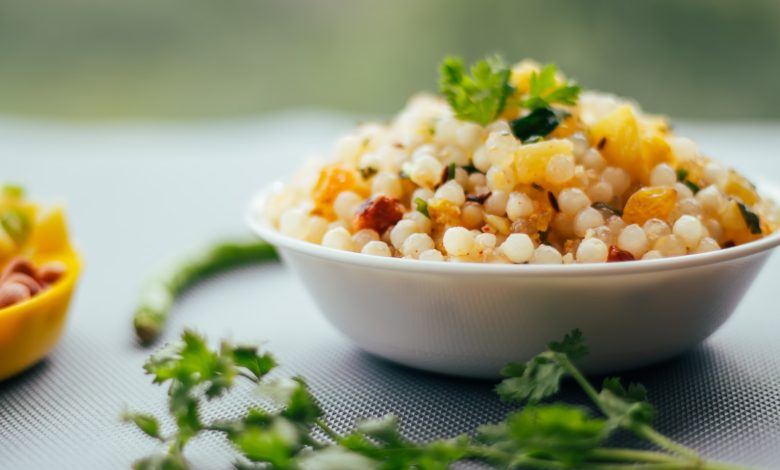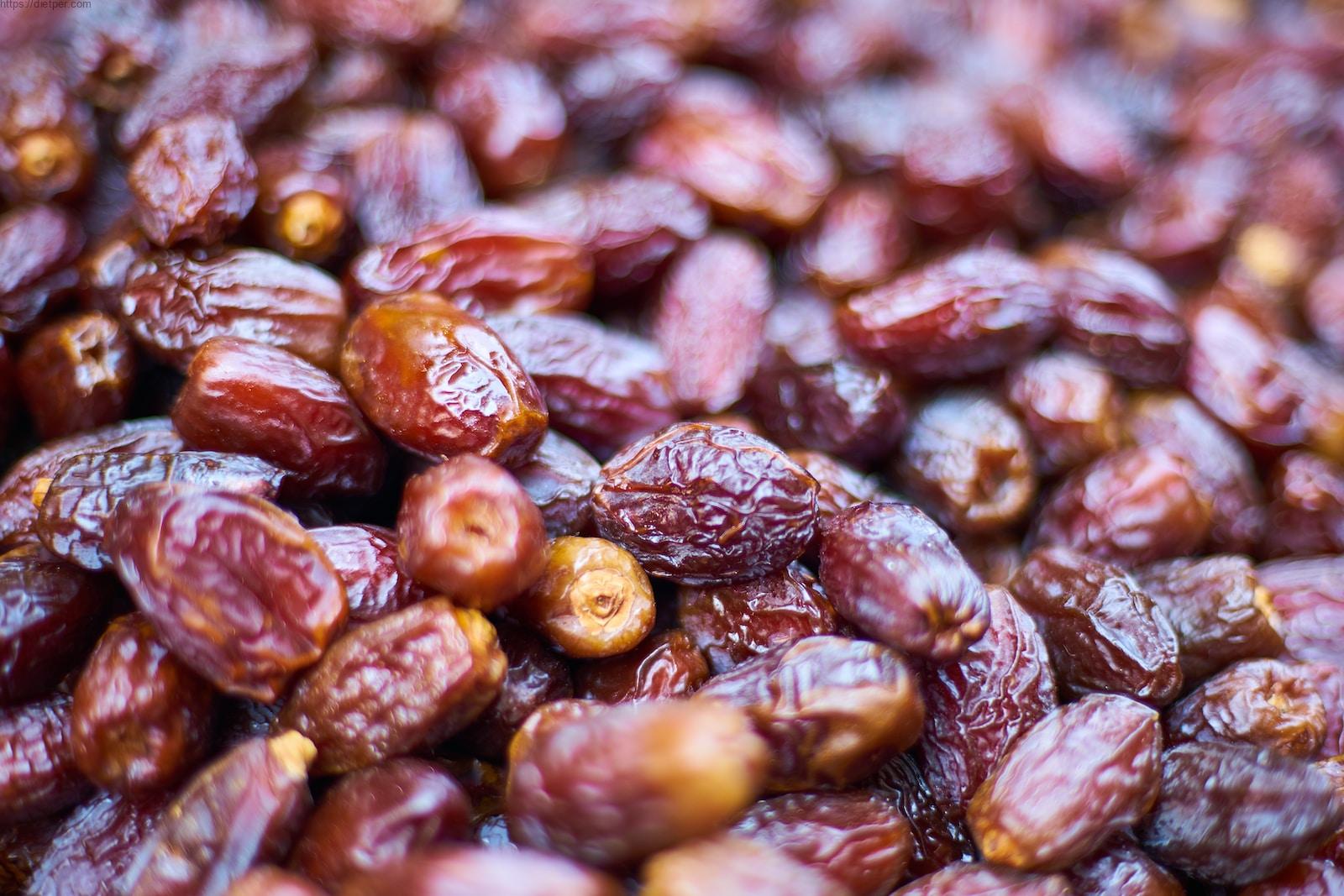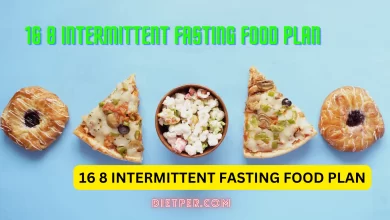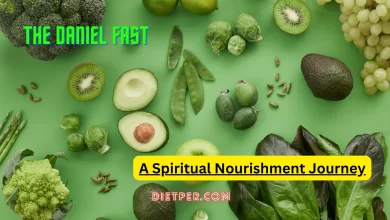Intermittent Fasting Vegan Meal Plan Food List 2024
Unlocking Health and Wellness: The Vegan Intermittent Fasting Meal Plan

Intermittent Fasting Vegan Meal Plan has gained widespread attention as an effective way to improve health, manage weight, and boost energy levels. Combining this approach with a vegan lifestyle creates a powerful synergy, promoting both well-being and ethical values. We will explore the benefits of a vegan intermittent fasting meal plan and provide a sample 7-day meal plan to help you kickstart your journey toward a healthier you.
Unlocking the Power of Intermittent Fasting Vegan Meal Plan
intermittent fasting vegan meal plan, a lifestyle choice gaining widespread recognition, offers more than just weight loss benefits. It encompasses restricting eating to specific hours while fasting during others. Key advantages include metabolic health improvement, weight loss, and better body composition. Blood sugar regulation, inflammation reduction, and enhanced cellular repair add to its allure.
For vegans, intermittent fasting vegan meal plan dovetails seamlessly with their plant-based lifestyle. It boosts energy levels, supports digestion, and bolsters nutrient absorption. Furthermore, it promotes mindful eating, encouraging a balanced diet rich in fruits, veggies, legumes, whole grains, and plant-based proteins. A winning combination for those seeking optimal health on a vegan journey.
- 16 8 Intermittent Fasting 7 Day Meal Plan For Health Support
- 25 foods that lower triglycerides fast and Boost Health
- The Atkins Diet: Dispelling Myths and Embracing Health
The Vegan Advantage : Intermittent Fasting Vegan Meal Plan
Veganism, characterized by the exclusion of all animal products from the diet, is celebrated for its numerous health benefits, including lower cholesterol levels, reduced risk of heart disease, and better weight management. When integrated with intermittent fasting vegan meal plan, which alternates between periods of eating and fasting, this lifestyle choice can magnify these advantages.
Why Combine Veganism with Intermittent Fasting?
- Weight Management: Vegan diets are often naturally lower in calories and high in fiber, which can assist in weight loss. Intermittent fasting complements this by regulating calorie intake within a restricted time frame.
- Improved Insulin Sensitivity: Both veganism and intermittent fasting can enhance insulin sensitivity. Combining the two may provide even more substantial benefits for blood sugar control.
- Cellular Autophagy: Intermittent fasting promotes cellular autophagy, a process in which the body cleans out damaged cells and regenerates new ones. Veganism supports this by supplying ample antioxidants and plant compounds.
- Enhanced Longevity: Studies suggest that both fasting and vegan diets may contribute to extended lifespans and reduced risk of age-related diseases.
intermittent fasting food list / intermittent fasting foods to eat
Intermittent fasting is an eating pattern that focuses on when you eat rather than what you eat. During the fasting periods, you restrict your calorie intake, and during the eating windows, you consume your meals. The specific foods you can eat depend on the type of intermittent fasting plan you follow and your dietary preferences. Here’s a foods to eat while intermittent fasting that can be included in an intermittent fasting diet:
Lean Proteins
-
- Chicken breast
- Turkey
- Lean cuts of beef or pork
- Fish (salmon, tuna, tilapia, etc.)
- Eggs (boiled, scrambled, poached, etc.)
Healthy Fats
-
- Avocado
- Nuts (almonds, walnuts, cashews, etc.)
- Seeds (chia seeds, flaxseeds, pumpkin seeds, etc.)
- Olive oil
- Coconut oil
- Fatty fish (salmon, mackerel, sardines, etc.)
Complex Carbohydrates
-
- Quinoa
- Brown rice
- Sweet potatoes
- Oats
- Whole wheat bread (in moderation)
- Legumes (beans, lentils, chickpeas, etc.)
Fruits and Vegetables
-
- Leafy greens (spinach, kale, lettuce, etc.)
- Broccoli
- Cauliflower
- Berries (blueberries, strawberries, raspberries, etc.)
- Apples
- Oranges
- Bananas (in moderation due to their higher sugar content)
Dairy and Dairy Alternatives (in moderation)
-
- Greek yogurt
- Cottage cheese
- Almond milk
- Coconut milk
- Cheese (in moderation)
Beverages
-
- Water (plain or infused with lemon, cucumber, etc.)
- Herbal teas (green tea, chamomile, peppermint, etc.)
- Black coffee (in moderation)
- Bone broth (during fasting for some people)
Herbs, Spices, and Condiments
-
- Garlic
- Ginger
- Turmeric
- Cinnamon
- Black pepper
- Mustard
- Hot sauce (low-calorie varieties)
Snacks (in moderation during eating windows)
-
- Almonds
- Walnuts
- Trail mix (nuts and dried fruits without added sugar)
- Greek yogurt with berries
- Vegetable sticks with hummus
It’s important to remember that intermittent fasting is about when you eat, so you should tailor your food choices to your specific health goals and dietary preferences. Some people may choose to follow a low-carb or ketogenic diet during their eating windows, while others may prefer a balanced diet.
Sample 7-Day intermittent fasting vegan meal plan
Day 1: Balanced Beginnings
- 12:00 PM (Lunch): Quinoa salad with chickpeas, mixed greens, cherry tomatoes, cucumbers, and a tahini dressing.
- 3:00 PM (Snack): A piece of fruit (apple or banana).
- 6:00 PM (Dinner): Stir-fried tofu with broccoli, bell peppers, and brown rice.
Day 2: Mediterranean Delight
- 12:00 PM: A Mediterranean-style bowl with hummus, falafel, tabbouleh, olives, and whole-grain pita bread.
- 3:00 PM: Mixed berries with almond yogurt.
- 6:00 PM: Baked eggplant with tomato sauce and a side of quinoa.
Day 3: Asian Fusion
- 12:00 PM: Vegetable and tofu stir-fry with a ginger-soy sauce, served over cauliflower rice.
- 3:00 PM: Edamame for a protein-rich snack.
- 6:00 PM: Vegan sushi rolls with avocado, cucumber, and carrots.
Day 4: Hearty and Healthy
- 12:00 PM: Lentil soup and a green salad with avocado and a lemon-tahini dressing.
- 3:00 PM: A handful of nuts for a satisfying snack.
- 6:00 PM: Spaghetti squash with marinara sauce and vegan meatballs.
Day 5: Light and Fresh
- 12:00 PM: Spinach and kale salad with roasted chickpeas, cherry tomatoes, and a balsamic vinaigrette.
- 3:00 PM: Sliced bell peppers with hummus.
- 6:00 PM: Vegan Thai green curry with tofu and vegetables.
Day 6: Mexican Fiesta
- 12:00 PM: Vegan black bean and corn salad with avocado and lime dressing.
- 3:00 PM: A small serving of guacamole with carrot sticks.
- 6:00 PM: Vegan chili with beans, tomatoes, and a side of quinoa.
Day 7: Comfort Food Sunday
- 12:00 PM: Vegan vegetable soup and a side of whole-grain bread.
- 3:00 PM: Sliced cucumber and cherry tomatoes with balsamic vinegar.
- 6:00 PM: Vegan lentil loaf with mashed sweet potatoes and steamed broccoli.
Mastering the Fundamentals of intermittent fasting vegan meal plan
A vegan diet, rooted in plant-based principles, excludes all animal products, including meat, dairy, eggs, and seafood. Instead, it revolves around a diverse array of fruits, vegetables, whole grains, legumes, nuts, and seeds.
The core of veganism lies in nutrient-packed plant foods, delivering vital vitamins, minerals, fiber, and antioxidants. This dietary choice yields health benefits, such as lower cholesterol, improved heart health, effective weight management, and a reduced risk of chronic illnesses, including diabetes and certain cancers.
To ensure a well-rounded vegan diet, it’s crucial to incorporate diverse plant-based protein sources like beans, lentils, quinoa, tofu, tempeh, and seitan. These protein-rich foods supply essential amino acids, as well as critical nutrients such as iron, calcium, and zinc.
In addition to protein, healthy fats are paramount. Opt for sources like avocados, nuts, seeds, and olive oil, which provide essential fatty acids and fat-soluble vitamins.
On a vegan meal plan, focus on key nutrients like vitamin B12, iron, calcium, and omega-3 fatty acids, which may require special attention. These nutrients can be sourced from fortified plant-based products, supplements, or strategic dietary choices.
Frequently asked question
Where did intermittent fasting come from?
Intermittent fasting has roots in various cultures, including religious practices like Ramadan in Islam and fasting in Buddhism. It’s also been studied for its potential health benefits.
Why intermittent fasting not working for me?
Intermittent fasting may not work for everyone due to individual differences in metabolism and lifestyle. It’s essential to consult a healthcare professional or dietitian for personalized guidance if you’re not seeing the desired results.
Why intermittent fasting fails?
Intermittent fasting can fail if it’s not followed consistently, if calorie intake isn’t controlled, or if it’s not suitable for an individual’s specific needs or health conditions.
Who uses intermittent fasting?
Intermittent fasting is used by a wide range of people, including those seeking weight loss, improved metabolic health, better blood sugar control, and overall wellness. Athletes, celebrities, and individuals with various health goals also practice it.
Can I eat breakfast and dinner on intermittent fasting?
Yes, you can structure your intermittent fasting to include breakfast and dinner in your eating window. For example, with a 16/8 fasting schedule, you might eat breakfast at 8:00 AM and dinner at 4:00 PM, then fast until the next day.
Which meal is best to skip during intermittent fasting?
The meal you skip during intermittent fasting can vary based on your preferences and lifestyle. Some people find it easier to skip breakfast (commonly known as “breakfast skipping”), while others prefer to skip dinner. It’s essential to choose a fasting schedule that aligns with your daily routine and supports your goals.
Final Thoughts – Intermittent Fasting Vegan Meal Plan
The intermittent fasting vegan meal plan is a powerful tool for achieving optimal health and well-being. By combining the benefits of intermittent fasting with the ethical and health advantages of a vegan lifestyle, you can truly take your health to the next level.
As you embark on this journey, it’s important to remember that everyone’s body is unique, and what works for one person may not work for another. It’s crucial to listen to your body and make adjustments as needed. If you’re new to intermittent fasting or a vegan diet, it may take some time for your body to adjust. Be patient and give yourself grace during this process.
Disclaimer
This blog post aims to empower you to make informed and health-conscious food choices. Your well-being is of paramount importance, and it’s essential to prioritize your health before embarking on any restrictive diets. Therefore, if you have any concerns, it is highly advisable to seek guidance from a healthcare professional or registered dietitian before making dietary changes.






